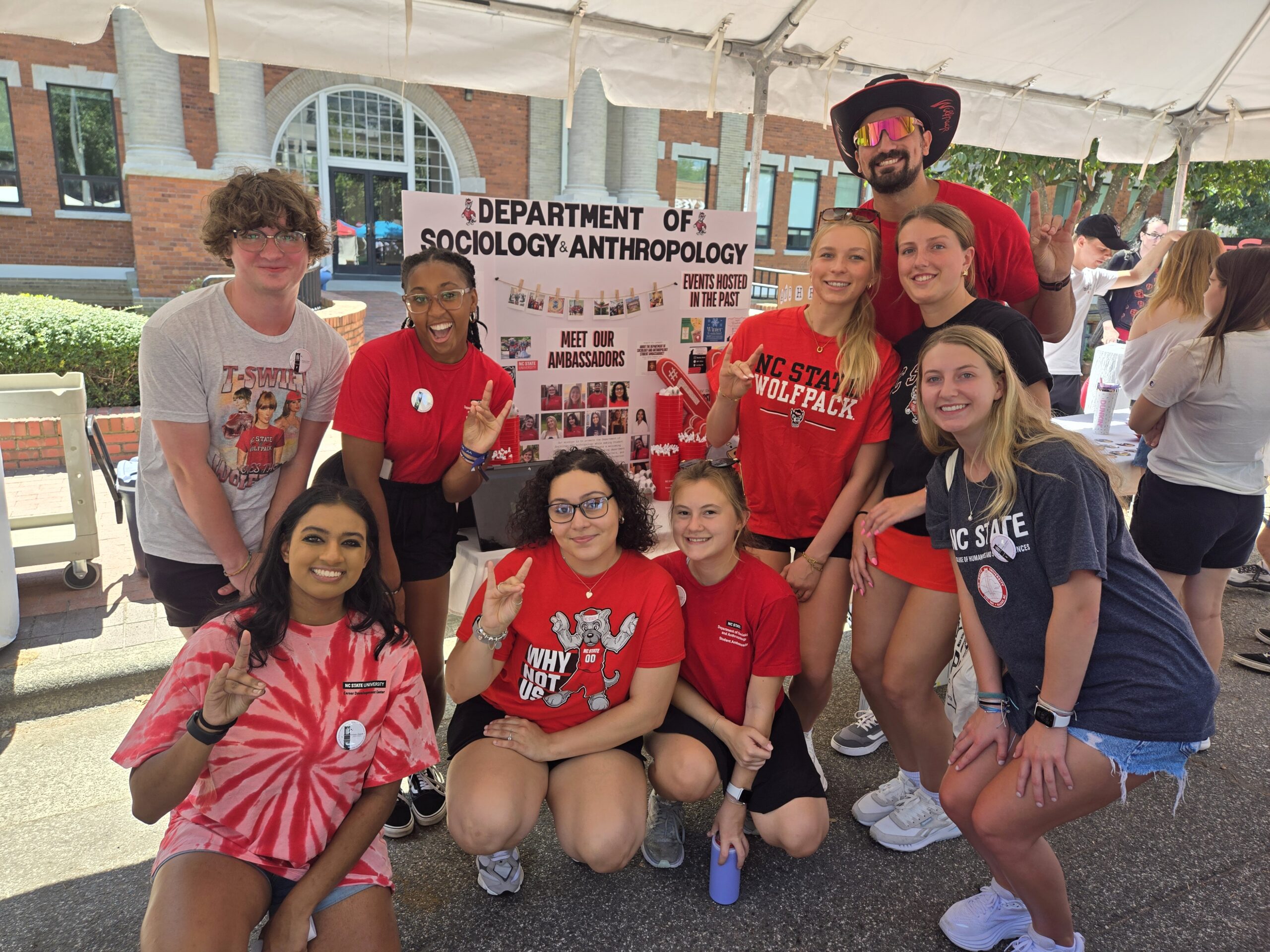Study Outlines Steps To Reduce ‘Cybervetting’ Bias in Hiring

For Immediate Release
A new paper on cybervetting says that organizations need to develop and implement clearly defined rules regarding how they use online information about job candidates. Failing to better regulate their use of cybervetting can introduce bias into an organization’s hiring processes, invade the privacy of job seekers and ultimately hurt the organization’s bottom line.
“Companies seem to assume that cybervetting offers some sort of advantage to their hiring process,” says Annika Wilcox, first author of the paper and a postdoctoral researcher at the University of Central Florida. “But our analysis of the research on cybervetting finds that these presumed benefits are unclear – and it is increasingly apparent that cybervetting creates opportunities for biases to influence the hiring process.” Wilcox worked on the study while a graduate student at North Carolina State University.
“Our previous work highlights the scope of these biases,” says Steve McDonald, co-author of the paper and a professor of sociology at NC State. “But this paper addresses actions that hiring agents and organizations can take to limit the potential harms associated with cybervetting. We also outline things job seekers can do to try to limit their exposure to bias, though job seekers have far less control over the process than the people who are doing the hiring.”
For this paper, researchers drew on all of the available research on cybervetting and analyzed it through the lens of sociology of work and labor markets. Broadly speaking, that means they looked at the science of how hiring processes work, how cybervetting is changing that, and what people can or should do about it.
Cybervetting is important because it can adversely affect society in several ways. First, cybervetting can have a pronounced impact on the workforce by broadening discrimination and making bias more pronounced in hiring. These can be biases related to race, religious affiliation, gender, sexual orientation, age and so on.
Second, cybervetting can reduce diversity in organizations if the people doing the hiring are focused on finding a good “culture fit” for the organization. And a lack of diversity hurts the bottom line of many businesses – particularly those that rely on innovation.
“And cybervetting also promotes privacy invasion, which is deeply problematic,” Wilcox says. “I think we’ve already reached a point where we are accepting far more invasion of our personal privacy than we should be comfortable with.
“While job seekers have no control over whether prospective employers engage in cybervetting, or how potential employers use that information, there are a couple of things that job seekers can do to reduce potential risks related to cybervetting,” Wilcox says.
“One: remove information employers may view negatively. That could include posts about drug use, drinking or profanity. Remove posts about religious affiliation. Remove posts that convey negative attitudes about work, etc. Two: consider using privacy settings to make it more difficult for potential employers to access your information.”
The researchers also outlined steps that hiring agents should take in regard to cybervetting. Hiring agents are hiring managers, people who work as recruiters in an organization, or people who organizations hire to work as third-party recruiters or headhunters.
“Research tells us that, many times, cybervetting is done without any clear idea of how it relates to the job or the nature of the work,” says Amanda Damarin, co-author of the paper and an associate professor of sociology at Georgia State University. “We urge hiring agents to consider how their cybervetting relates to specific work tasks or competencies.”
“Ultimately, our research makes clear that if organizations are going to use cybervetting, they need to develop guidance to reduce the risk of cybervetting being used in a way that introduces bias to the hiring process,” McDonald says. “There needs to be a systematic, rigorous, informed process in place, with clearly defined goals. And what we’ve found is that few organizations have this sort of guidance in place.”
While the researchers note that developing meaningful rules governing cybervetting will be a big step in the right direction, there will still be a host of questions and challenges surrounding the practice.
“Once guidance is developed, you run into a follow-up challenge, which is how to enforce cybervetting guidelines,” Damarin says.
The paper, “Is Cybervetting Valuable?,” is published open access in the journal Industrial and Organizational Psychology.
-shipman-
Note to Editors: The study abstract follows.
“Is Cybervetting Valuable?”
Authors: Annika Wilcox, University of Central Florida; Steve McDonald, North Carolina State University; Amanda K. Damarin, Georgia State University
Published: Sept. 9, Industrial and Organizational Psychology
DOI: 10.1017/iop.2022.28
Abstract: Cybervetting is the widespread practice of employers culling information from social media and/or other internet sources to screen and select job candidates. Research evaluating online screening is still in its infancy; that which exists often assumes that it offers value and utility to employers as long as they can avoid discrimination claims. Given the increasing prevalence of cybervetting, it is extremely important to probe its challenges and limitations. We seek to initiate a discussion about the negative consequences of online screening and how they can be overcome. We draw on previous literature and our own data to assess the implications of cybervetting for three key stakeholders: job candidates, hiring agents, and organizations. We also discuss future actions these stakeholders can take to manage and ameliorate harmful outcomes of cybervetting. We argue that it is the responsibility of the organizations engaged in cybervetting to identify specific goals, develop formal policies and practices, and continuously evaluate outcomes so that negative societal consequences are minimized. Should they fail to do so, professional and industry associations as well as government can and should hold them accountable.
- Categories:


